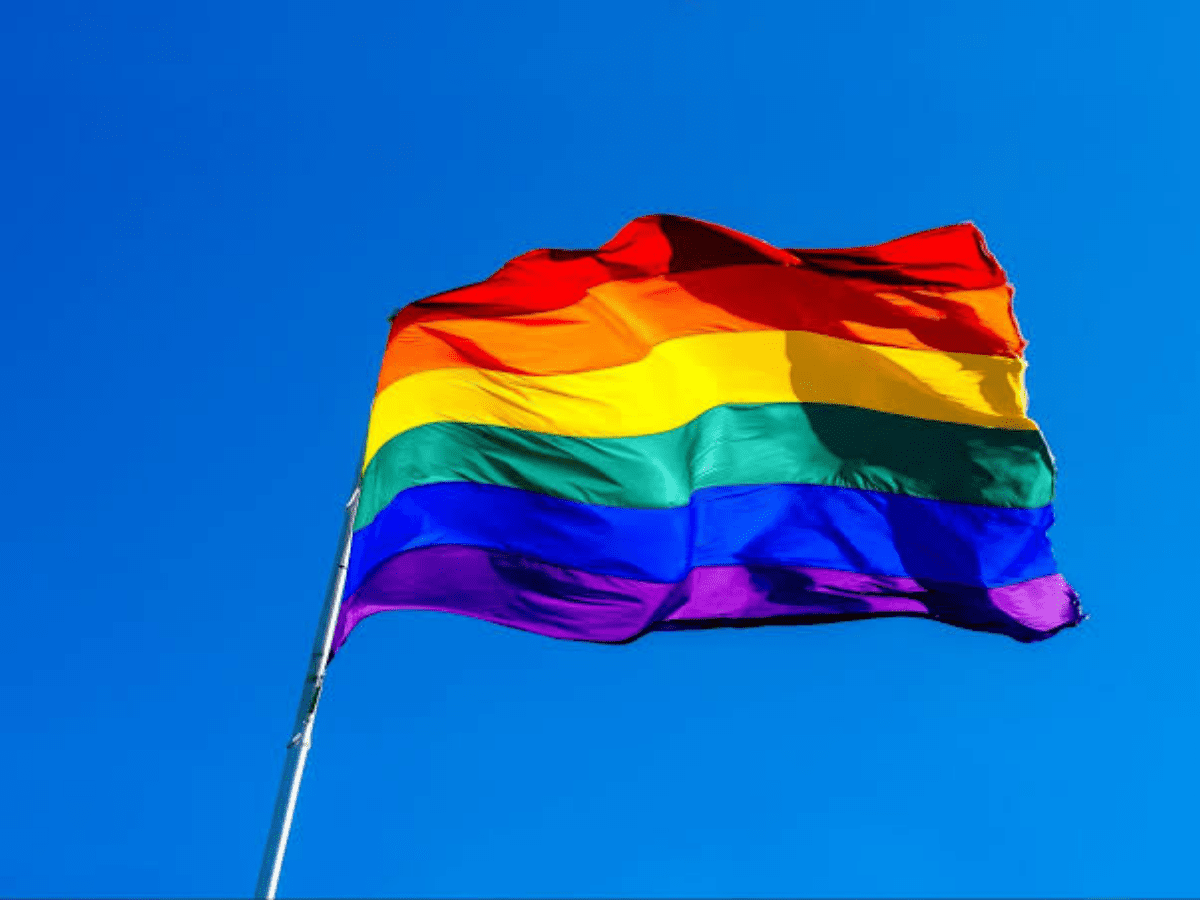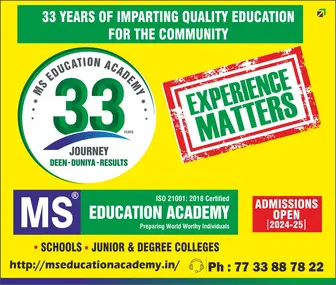
The Central government has opposed the live streaming of the hearing for legalisation of same-sex marriages in the LGBTQIA+ community in the country.
In its reply to the Delhi high court, the government argued that it violates fundamental rights and does not serve any national importance and purpose.
“A matter needs to be agitated by the party on merits and the Court to decide on the basis of law and facts and not soliciting or evoking public attention. The applicant is attempting to create unnecessary hype of the matter being considered by this Court,” the reply argued.
The petition to live stream was filed by three professionals based out of Mumbai and Karnataka.
The first petition filed by Abhijit Iyer Mitra seeks permission to register marriages of LGBTQIA+ couples under the Hindu Marriage Act. The notice in the application that was issued in November 2021 states a substantial number of people (7% to 8% of the population) want to watch the proceedings in court.
However, due to less space and technology constraints, they are unable to witness the proceedings.
The second petition is Swapnil Tripathi vs The Supreme Court of India. The Centre’s reply prays that the application be dismissed as live streaming can be allowed only after the framing of a comprehensive framework by way of rules including for the protection of data.
“The instant matter is not a fit case where live streaming of the proceeding is desirable as it affects the cause of the administration of justice. Before allowing live streaming of proceeding appropriate regulatory framework needs to be put in place It is further submitted that the Union of India reserves a right to file a more detailed affidavit in reply to the present application with the leave of the Hon’ble Court, if necessary, at a later stage as the present affidavit has been filed in a limited time available with the Respondant,” the reply states.
The reply argues that a majority of the Indian population is not overblown by the proceedings and the applicant is trying to create a “dramatic impression before the Court and to win the proceedings.”
“The whole argument of the applicant is to create an illusion and make the matter sensational and attract global attention,” Centre writes in its argument.
“Merit of a matter in the Court and its outcome does not depend on any melodrama and the applicants propose to bring in and hence the applications is with an ulterior motive. The applicant is attempting to utilise the judicial forum to generate public sympathy and to open vista for unwanted attention to the issue. This Hon’ble Court does not require larger outreach or any larger audience than what is already available for the proceedings that are undertaken on a day to day proceedings,” the Centre’s reply said.

